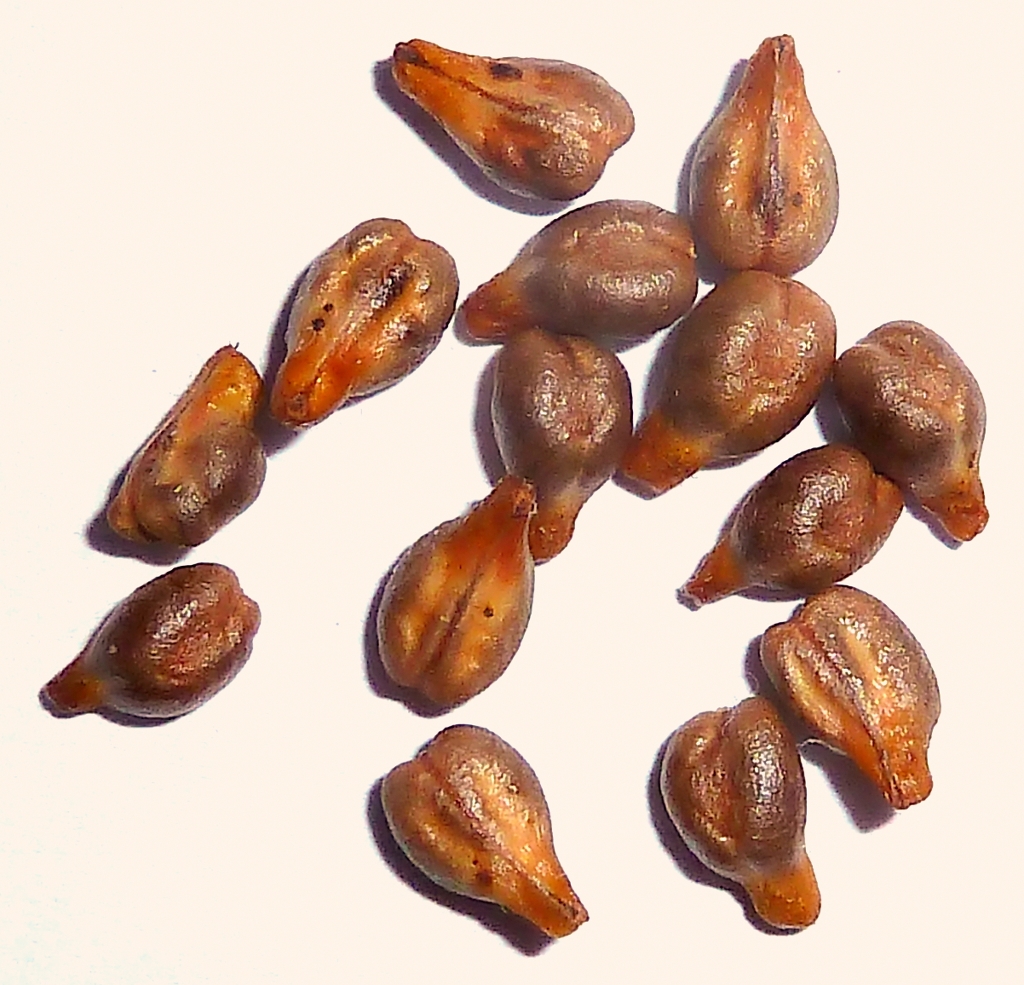
Grape Seed Benefits for Your Heart Health, Skin, and Brain
Grapes are one of the most popular fruits in the U.S., but many people neglect to eat what is perhaps their healthiest feature — the seeds. Grape seeds are rich in powerful antioxidants and natural plant compounds called oligomeric proanthocyanidin complexes (OPCs).
OPCs are most well known for their antioxidant activity, which means, at the very least, grape seed may help to destroy free radicals in your body, which in turn may help you avoid premature aging and certain chronic diseases.
January 11, 2016 | Source: Mercola | by Dr. Mercola
Grapes are one of the most popular fruits in the U.S., but many people neglect to eat what is perhaps their healthiest feature — the seeds. Grape seeds are rich in powerful antioxidants and natural plant compounds called oligomeric proanthocyanidin complexes (OPCs).
OPCs are most well known for their antioxidant activity, which means, at the very least, grape seed may help to destroy free radicals in your body, which in turn may help you avoid premature aging and certain chronic diseases.
However, OPCs also demonstrate a host of other beneficial activities in the body, which may explain why grape seed extract appears to help so many different health conditions while exerting its effects body-wide.
According to the National Institutes of Health (NIH) National Center for Complementary and Integrative Health (NCCIH):1
“Today, grape seed extract is used as a folk or traditional remedy for conditions related to the heart and blood vessels, such as atherosclerosis (hardening of the arteries), high blood pressure, high cholesterol, and poor circulation …
… [C]omplications related to diabetes, such as nerve and eye damage; vision problems, such as macular degeneration (which can cause blindness); swelling after an injury or surgery; cancer prevention; and wound healing.
The grape seeds used to produce grape seed extract are generally obtained from wine manufacturers.”
OPCs Help Make Grape Seed Extract a Health Superstar
One of grape seed extract’s claims to fame is OPCs, which are related to the much more well-known compound resveratrol (found in grape skins). According to the journal Alternative Medicine Review, OPCs not only have antioxidant activity but are also:2
Antibacterial Antiviral
Anti-carcinogenic Anti-inflammatory
Anti-allergic Vasodilatory actions
In addition, the journal reported OPCs “have been found to inhibit lipid peroxidation, platelet aggregation, capillary permeability and fragility, and to affect enzyme systems … Based on these reported findings, OPCs may be a useful component in the treatment of a number of conditions.”
OPCs may even play a role in cancer prevention. Research published in the journal Prostate found OPCs helped stop the spread of prostate cancer cells and also caused apoptosis (cell death) among prostate cancer cells.3 Further, according to the University of Maryland Medical Center:4
“Studies have found that grape seed extracts may prevent the growth of breast, stomach, colon, prostate, and lung cancer cells in test tubes. However, there is no clear evidence whether it works in humans.
Antioxidants, such as those found in grape seed extract, may help reduce the risk of developing cancer. Grape seed extract may also help prevent damage to human liver cells caused by chemotherapy medications.”
Grape seed extract also contains high levels of compounds (procyanidin dimers) that act as aromatase inhibitors. This is likely another way grape seeds may help prevent and treat cancer, specifically hormone-dependent breast cancer.
Aromatase, an enzyme, converts androgen to estrogen and is expressed at higher levels in breast cancer tissues than normal tissues.5
Many types of breast cancer are fueled by estrogen, which is why some chemotherapy drugs work by inhibiting the activity of aromatase. Grape seed extract may exert similar effects naturally.
